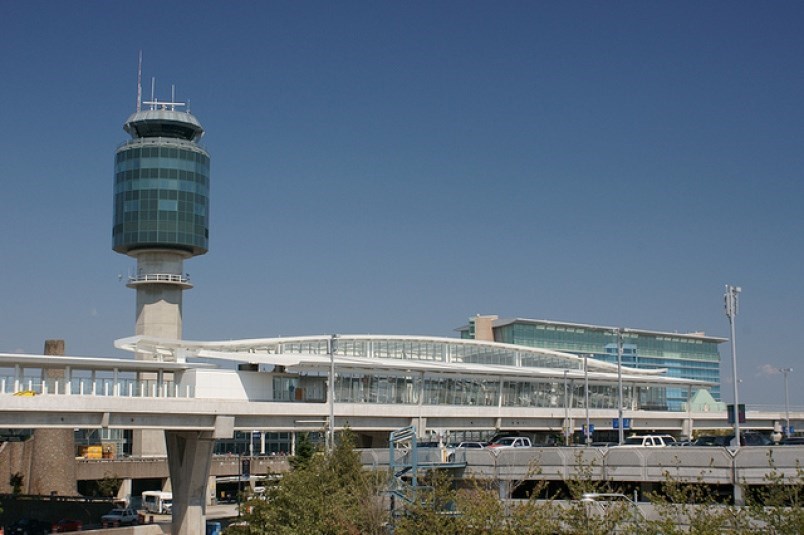Nearly 200 tickets have been handed out to travellers at Vancouver International Airport for refusing to go to a government-authorized accomodation (GAA) hotel, which can cost around $2,500.
The fine for refusing to go to a GAA is $3,000, and those fined are referred to local law enforcement for “priority follow up,” according to the Public Health Agency of Canada (PHAC).
PHAC said that, as of May 2, “at least” 188 tickets have been issued to travellers at YVR, who did not book a government-authorized accommodation hotel prior to arriving in Canada and subsequently refused to go to one.
The federal government introduced the mandatory hotel policy on Feb. 22, which required travellers to stay at an approved hotel for three days while awaiting COVID-19 test results — part of the mandatory 14-day quarantine period for all arrivals into Canada.
Travellers must cover the cost of their hotel stay, which can cost around $2,500.
Those who refuse mandatory quarantine requirements, including the instructions of a quarantine officer, could face a fine of up to $750,000 and/or imprisonment for six months, according to PHAC. Furthermore, anyone who causes a risk of imminent death or serious bodily harm to another period while contravening the Quarantine Act, could be liable for a fine of up to $1 million or imprisonment of up to three years, or both.
In addition, travellers can also be fined under the Contraventions Regulations, which provide police and other enforcement officers the tools to enforce the Quarantine Act. This includes fines of up to $3,000 for each day of non-compliance or each offence committed.
Of the 285,456 COVID-19 tests completed at the four airports – YVR, Calgary, Montreal and Toronto – accepting international arrivals between Feb. 22 and May 4, 5,465 (1.9 per cent) were positive.
“The majority of these travellers were staying at a government-authorized accommodation hotel when they tested positive and were then redirected to a designated quarantine facility or another suitable location to limit their action with other Canadians,” said Tammy Jarbeau, PHAC spokesperson, in an email. PHAC could only provide national data, she said.
“Each positive case identified from international travel reduces the risk of onward community transmission in Canada.”



